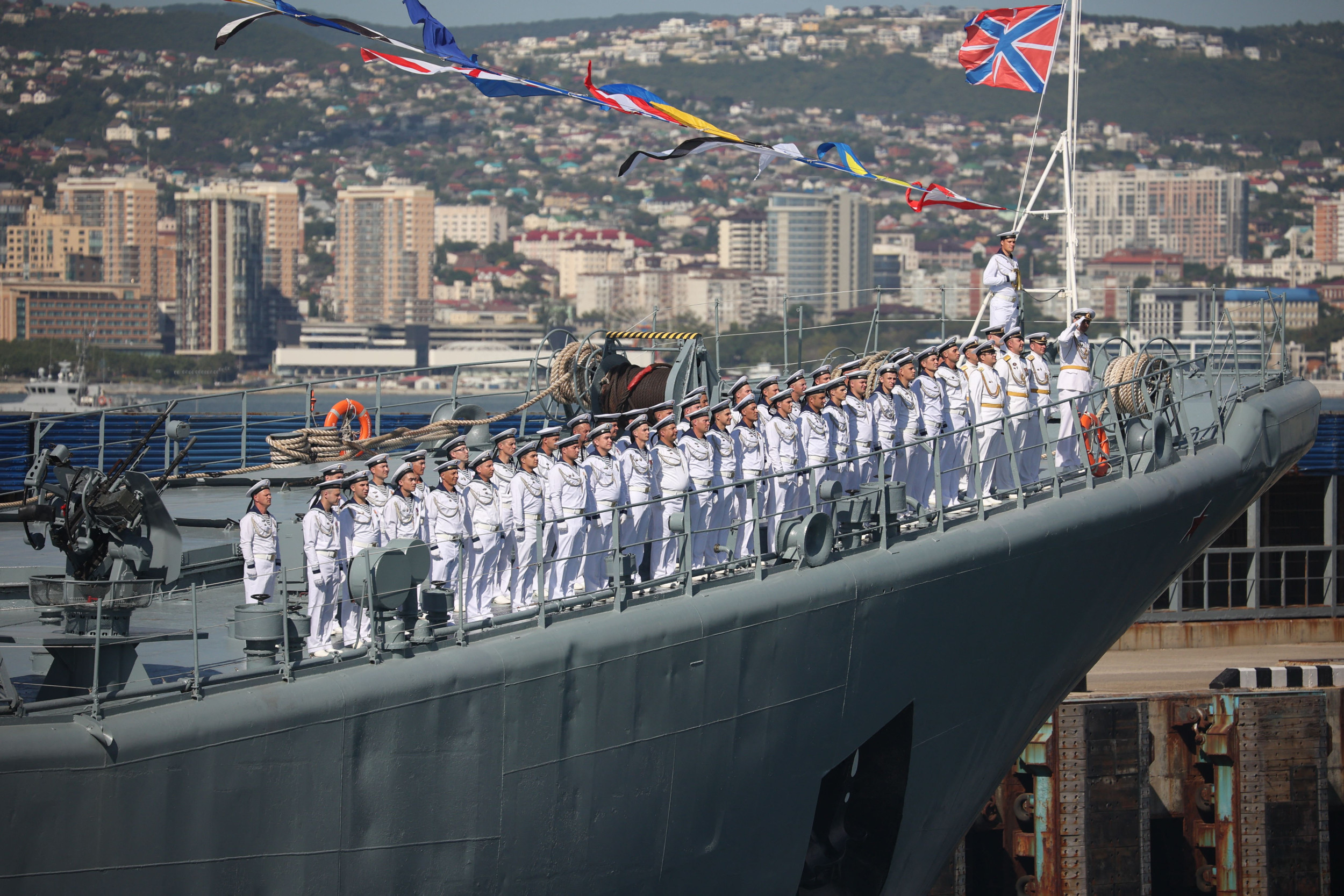President-elect Donald Trump may be able to push forward three large campaign promises regarding mass deportation, tariffs and the war in Ukraine without congressional on his first day back in the Oval Office.
Trump, who served as the 45th president of the United States, will take office again as the 47th president in January after winning the 2024 election.
On the campaign trail, Trump repeatedly promised to implement mass deportation, impose tariffs and resolve the Ukraine-Russia conflict, policy areas on which he could potentially issue executive orders. An executive order is a directive from the president that does not require approval from Congress.
David Lublin, department chair of government at American University, told Newsweek in a phone interview on Wednesday that Trump "could potentially issue executive orders in a lot of areas, we'll just have to see how far he wants to go."

"In the administrative state, there's a lot of gray room, and sometimes it depends on what the courts are willing to uphold and sometimes it's not," he said. "Some of these things hit close to the boundaries of what you would need to change in law, and executive orders."
Newsweek reached out to the Trump campaign for comment via email on Wednesday.
Tariffs
Trump has proposed imposing tariffs between 10 percent and 20 percent on imported goods, noting even higher levels of 60 percent on imports from China. At one point on the campaign trail in October, he suggested imposing tariffs higher than 200 percent on vehicles imported from Mexico, which is the U.S.' top trading partner.
He said the tariffs would force companies to build more factories in the U.S., which would in turn boost jobs. However, economic experts told Newsweek that tariffs would lead to higher prices for American consumers. Mark Shanahan, an expert in U.S. politics at the University of Surrey in the U.K., previously told Newsweek that regarding tariffs, "it's the American consumer who will pick up the cost."
In 2018, Trump imposed tariffs on steel and aluminum imports without the approval of Congress, under Section 232 of the Trade Expansion Act of 1962. While the Constitution grants Congress the power to pass tariffs on goods, Section 232 "empowers the President to adjust tariffs on imports that threaten to impair U.S. national security," according to the nonpartisan Congressional Research Service.
While it's not immediately clear under what presidential power Trump's proposed tariffs would fall, "presidents have none the less shown to be pretty good at somehow borrowing from one pool and spending it on something else, sometimes getting away with it for a while," Lublin said.
Mass Deportations
Trump has called for the "largest mass deportation program in history." Removal of undocumented immigrants, many of whom have been in the United States for decades, has been a cornerstone of the president-elect's platform, with a promise that November 5 would be "liberation day" from previous border policies.
The American Immigration Council's analysis showed Mexicans made up the highest number of undocumented migrants in the U.S. at more than 4.7 million. The estimated cost of removing all Mexicans in the country without legal status was $7.3 billion.
It is not exactly known how Trump's plan would operate, but there are some potential presidential power avenues he could explore. It is likely that he could enact multiple executive orders on the topic.
For example, temporary protected status (TPS) allows migrants to reside and legally work in the United States and can be expanded or shrunk under an administration. Under the Biden administration, it has greatly expanded, and it is expected to shrink under the second Trump administration.
Ukraine
Soon after Trump was declared the winner, Karoline Leavitt, Trump's national press secretary, told Fox News that Trump will now be able to "negotiate a peace deal between Russia and Ukraine." Leavitt later said, "It includes, on Day 1, bringing Ukraine and Russia to the negotiating table to end this war."
Trump said during his campaign that he will "not give a penny to Ukraine" and could halt shipments.




















 English (US) ·
English (US) ·